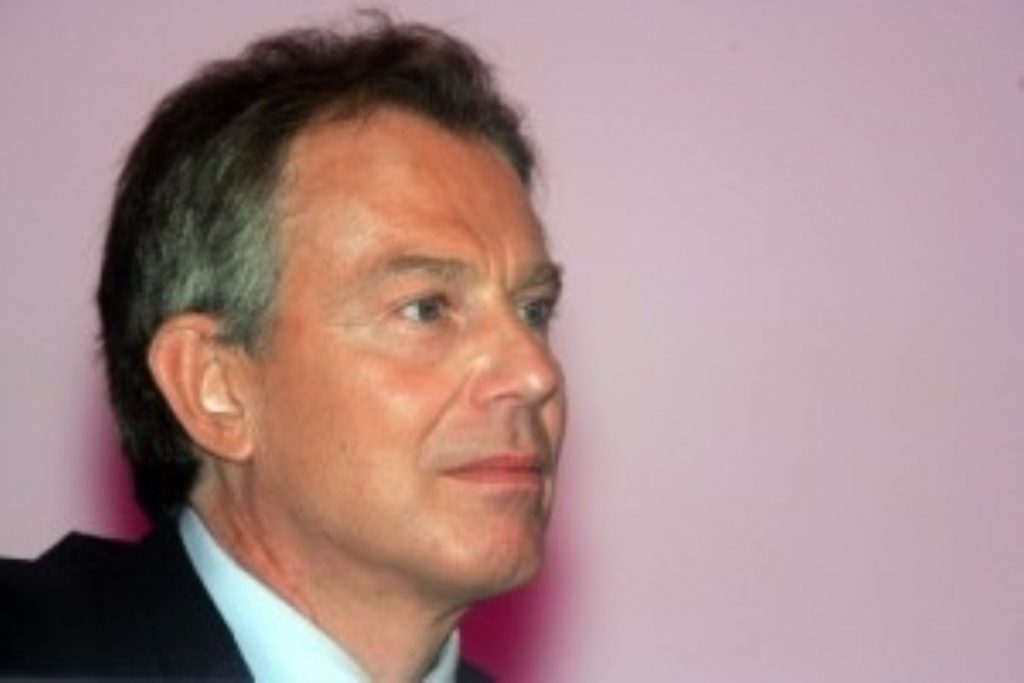Blair’s stance toughens after ‘war crime’ attack
Tony Blair has used his strongest language yet to call for an end to hostilities in the Middle East, although he still refused to call for an immediate ceasefire.
The prime minister was speaking after an airstrike on the Lebanese town of Qana killed more than 50 people, of whom over half were children.
The Lebanese government has described the attack as a “war crime”, while the UN security council also issued a statement expressing its “shock” at the death toll.
Mr Blair has been coming under increasing pressure to call on Israel to halt its attacks on southern Lebanon, but following a meeting with US president George Bush on Friday, continued only to say he was pressing for a peace agreement.


However, amid signs of dissent from within his cabinet, Mr Blair last night hardened his line, warning: “What happened at Qana shows this situation simply cannot continue.”
In a series of interviews from the US, he said he expected the security council to reach agreement on a plan that would provide for both a ceasefire in the Middle East and a way of enforcing it very soon.
“Everyone is going to have to exercise the maximum restraint and the maximum pressure and will to get the UN security council resolution agreed,” he said.
“There is a chance, there is a will and I think the elements of this package can be agreed as quickly as we can and get the situation forward towards where we can see an end to the hostilities.”
Former foreign secretary Jack Straw this weekend became the first cabinet minister to break ranks with Mr Blair’s stance, describing Israel’s efforts to wipe out militant group Hizbullah as “disproportionate”.
But his successor, Margaret Beckett, refused to echo his words, and insisted that the cabinet was “united” around the common goal of finding a way to end the conflict.
“We have repeatedly urged on the Israelis to act proportionately,” she told Sky News.
She added: “I don’t use the words Jack used about a number of things for precisely the reason that I sometimes think it hinders understanding rather than supporting it.
“We are all wanting the same thing and that is what matters. We are all working our guts out and have been for days in order to try and bring about [an end to the hostilities].”
Israel defended yesterday’s attack, saying that Hizbullah had fired missiles into Israel from Qana, but last night it announced a 48-hour ceasefire to allow an investigation into the incident.
In comments to Muslim leaders in Blackburn, Mr Straw said: “Disproportionate action only escalates an already dangerous situation.
“One of many serious concerns I have is that the continuation of such tactics by Israel could further destabilise the already fragile Lebanese nation.”

